“Specialized Reproductive Health & Fertility Treatment in Pimpri Chinchwad”
“Advanced treatment for fertility and reproductive health with dedicated support in Pimpri Chinchwad.”
Male Infertility

What is Male Infertility?
Male infertility is a condition where a man has a reduced ability to father a child due to issues such as low sperm count, poor sperm quality, or problems with sperm movement. It can result from genetic, environmental, or lifestyle factors. Diagnosis often includes semen analysis and hormone testing, and treatment can vary depending on the underlying cause.
Ayurveda Approach to Male Infertility
Ayurveda views male infertility as an imbalance of the Shukra Dhatu, which is responsible for reproductive health. The Ayurvedic approach to male infertility focuses on strengthening and nourishing the body, improving the quality of sperm, and balancing doshas to enhance overall reproductive health. Ayurveda provides a long-term solution by addressing lifestyle, diet, and stress factors that affect male fertility. It emphasizes natural healing and maintaining reproductive vitality without invasive treatments.
Symptoms of Male Infertility
- Difficulty in conceiving despite regular unprotected intercourse.
- Low sperm count or poor sperm motility.
- Hormonal imbalances or low testosterone levels.
- Erectile dysfunction or issues with ejaculation.
- Decreased facial or body hair, indicating hormonal issues.
Benefits of Ayurveda for Male Infertility
- Improves sperm count and motility naturally.
- Balances hormones and boosts reproductive health.
- Reduces stress and anxiety, which impact fertility.
- Enhances overall vitality and sexual health.
- Offers a holistic approach to long-term fertility improvement.
Low/Abnormal Sperm Count
What is Low/Abnormal Sperm Count?
Low sperm count, also known as oligospermia, refers to a condition where the number of sperm cells in a man’s semen is below the normal range, which can reduce the chances of fertilizing an egg. Abnormal sperm count can also refer to issues with sperm shape or motility, further impacting fertility.
Ayurveda Approach to Low/Abnormal Sperm Count
In Ayurveda, low sperm count is treated by addressing imbalances in the Shukra Dhatu and Vata dosha, which govern reproductive health. Ayurveda promotes natural remedies and lifestyle changes to increase sperm production and improve sperm quality over time. This approach focuses on nourishing the reproductive system, improving digestion, and balancing the body’s doshas for long-term fertility support.
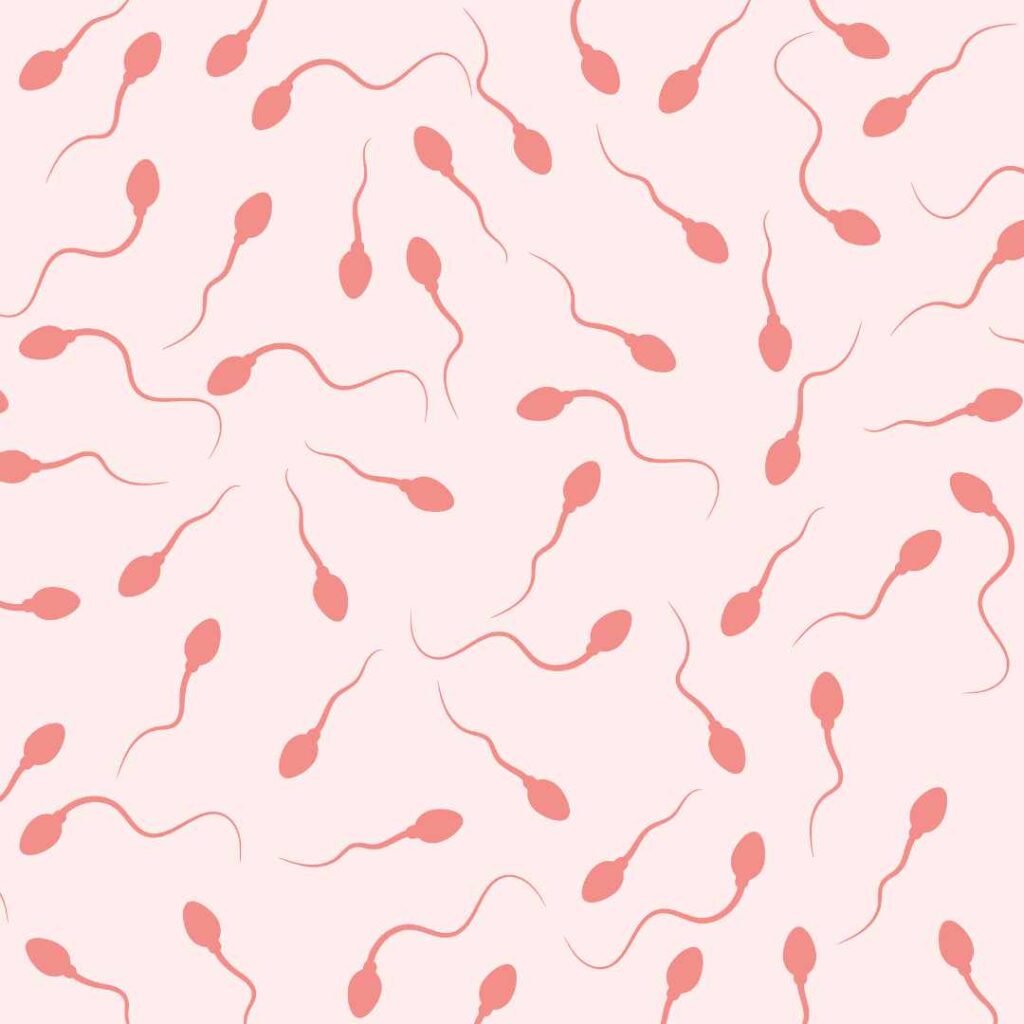
Symptoms of Low/Abnormal Sperm Count
- Difficulty achieving pregnancy after a year of trying.
- Decreased sperm concentration or volume in semen analysis.
- Reduced sexual desire or libido.
- Swelling or pain in the testicular area.
- Low testosterone levels or hormonal imbalance.
Benefits of Ayurveda for Low/Abnormal Sperm Count
- Naturally boosts sperm production and quality.
- Enhances reproductive health by balancing doshas.
- Strengthens overall vitality and sexual energy.
- Reduces stress and improves mental well-being.
- Provides a long-term, non-invasive solution to fertility issues.
Female Infertility
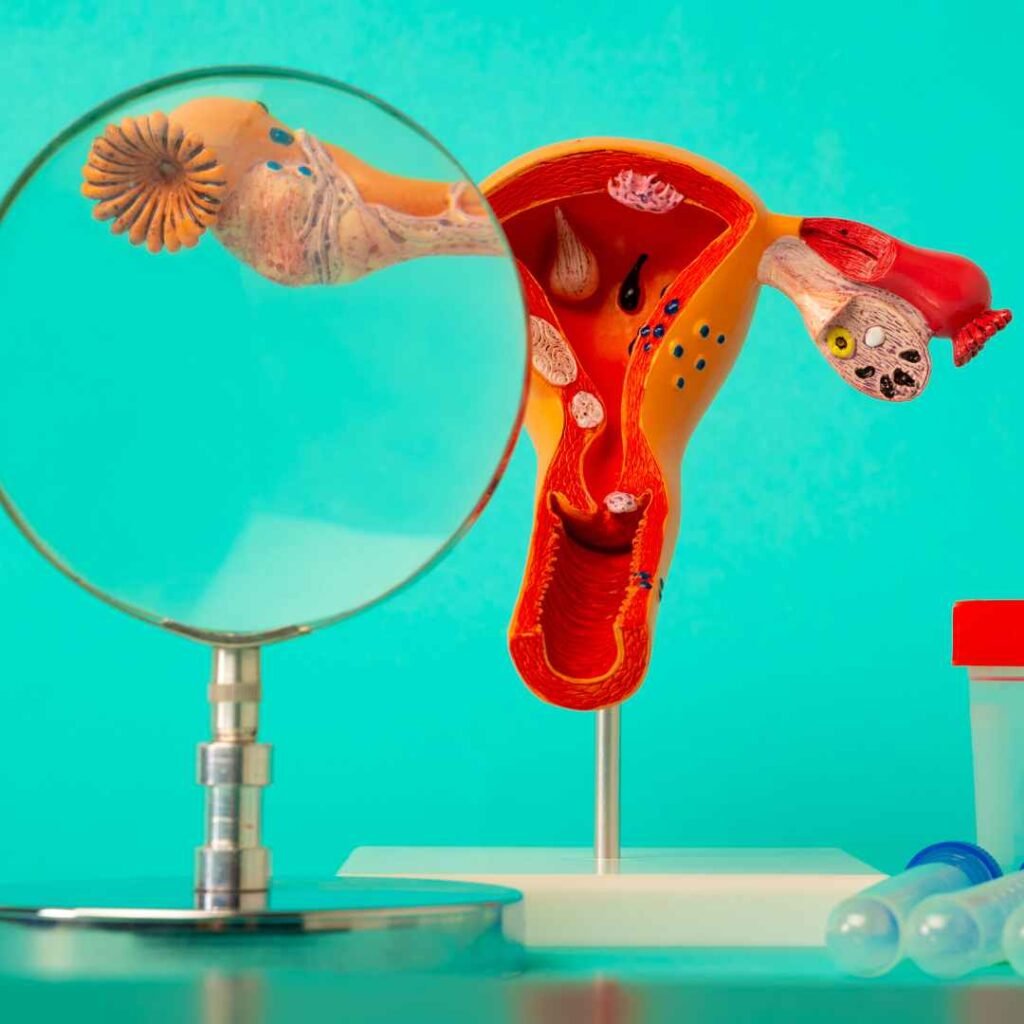
What is Female Infertility?
Female infertility refers to the inability to conceive a child after a year of regular unprotected intercourse. It can be caused by various factors including hormonal imbalances, ovulation issues, tubal blockages, or problems with the uterus. Female infertility can also result from conditions like PCOS or endometriosis.
Ayurveda Approach to Female Infertility
Ayurveda treats female infertility by focusing on balancing the body’s hormones and improving overall reproductive health. The treatment aims to regulate menstrual cycles, enhance ovulation, and support healthy egg production. Ayurveda focuses on addressing the root cause of infertility, whether it’s hormonal imbalance or blocked fallopian tubes, through natural methods. Lifestyle and dietary changes are recommended for long-term reproductive health.
Symptoms of Female Infertility
- Irregular or absent menstrual cycles.
- Painful periods or severe cramps.
- Hormonal imbalances or conditions like PCOS.
- Recurrent miscarriages.
- Difficulty conceiving despite regular intercourse.
Benefits of Ayurveda for Female Infertility
- Regulates menstrual cycles and promotes ovulation.
- Balances hormones and improves reproductive health.
- Enhances egg quality and fertility naturally.
- Provides long-term care for conditions like PCOS.
- Supports a holistic and non-invasive approach to conception.
Low AMH (Anti-Mullerian Hormone)
What is Low AMH?
Low AMH levels indicate a reduced ovarian reserve, meaning the number of eggs available in a woman’s ovaries is lower than normal. AMH is an important hormone for understanding a woman’s fertility potential. Low AMH can make conception more difficult and is often associated with age or underlying fertility issues.
Ayurveda Approach to Low AMH
Ayurveda focuses on improving reproductive health and egg quality in women with low AMH levels. By nourishing the body, balancing hormones, and promoting overall health, Ayurveda helps to optimize fertility. The holistic approach includes addressing stress, lifestyle, and diet, offering long-term fertility support without invasive treatments. Ayurveda promotes natural rejuvenation of the reproductive system, improving the chances of conception.
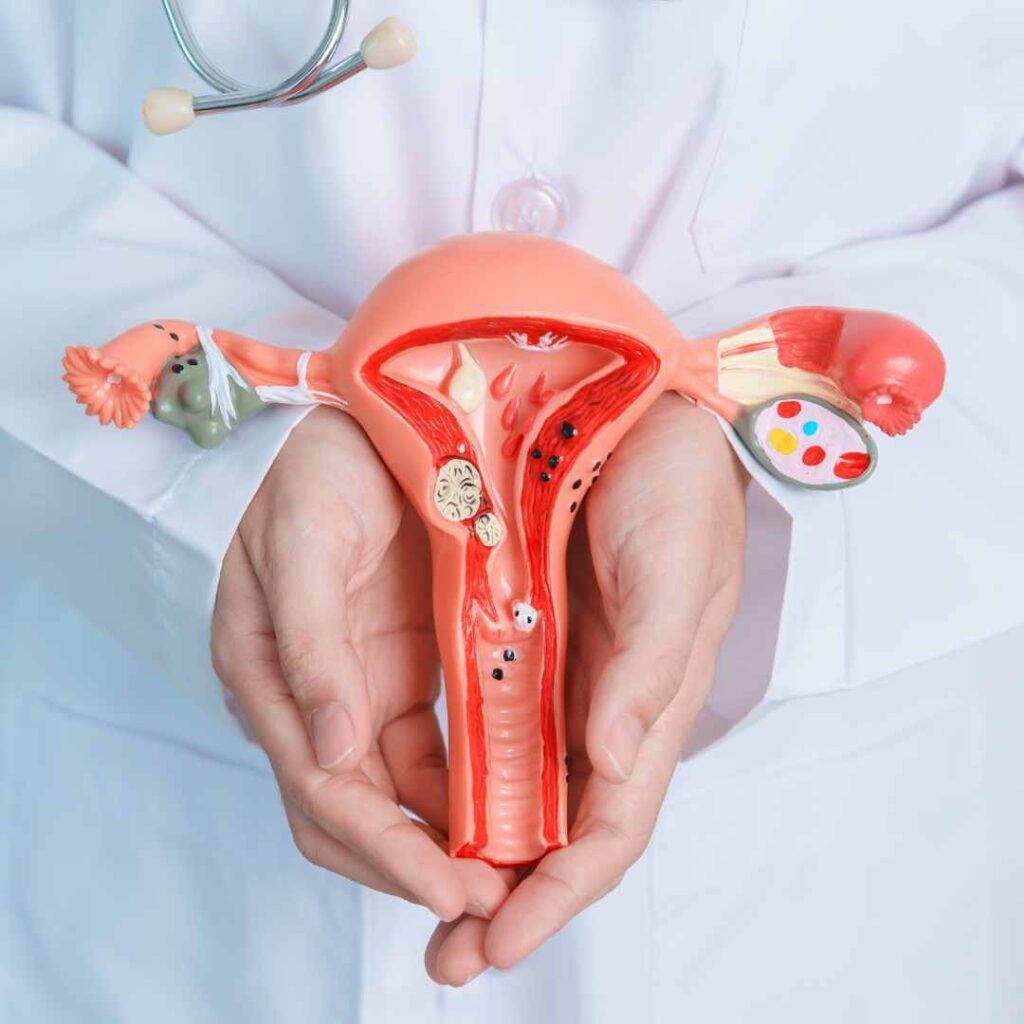
Symptoms of Low AMH
- Difficulty in conceiving.
- Irregular or absent menstrual periods.
- Early signs of menopause.
- Poor response to fertility treatments.
- Hormonal imbalances affecting ovulation.
Benefits of Ayurveda for Low AMH
- Supports natural egg rejuvenation and improves fertility.
- Balances reproductive hormones for long-term health.
- Enhances the body’s natural fertility without invasive procedures.
- Reduces stress and anxiety, which impact AMH levels.
- Promotes overall reproductive health and vitality.
Tubal Block

What is Tubal Block?
A tubal block occurs when one or both fallopian tubes become obstructed, preventing the egg from traveling to the uterus and leading to infertility. Blocked tubes can result from infections, surgery, or conditions like endometriosis, significantly reducing the chances of natural conception.
Ayurveda Approach to Tubal Block
Ayurveda treats tubal blocks by focusing on improving reproductive health and removing any obstructions that prevent conception. Through holistic methods, Ayurveda aims to balance the body’s doshas, particularly the Vata dosha, and promote the natural flow within the reproductive system. Lifestyle and dietary changes are incorporated for long-term reproductive health, with an emphasis on avoiding invasive surgeries.
Symptoms of Tubal Block
- Difficulty conceiving despite regular unprotected intercourse.
- Painful menstruation or ovulation.
- Unexplained infertility or repeated miscarriages.
- History of pelvic infections or surgeries.
- Abdominal pain or discomfort during intercourse.
Benefits of Ayurveda for Tubal Block
- Naturally helps remove blockages in the reproductive system.
- Supports long-term reproductive health without surgery.
- Balances doshas for improved fertility.
- Enhances natural conception chances by addressing root causes.
- Promotes a holistic, non-invasive treatment approach.
Hydrosalpinx
What is Hydrosalpinx?
Hydrosalpinx is a condition where a fallopian tube becomes blocked and filled with fluid, often resulting from infections, such as pelvic inflammatory disease, or previous surgeries. This blockage prevents the egg from traveling through the fallopian tube, which leads to infertility. The fluid buildup can also leak into the uterus, hindering implantation and further complicating conception.
Ayurveda Approach to Hydrosalpinx
Ayurveda approaches hydrosalpinx by working on cleansing the reproductive system, balancing the body’s doshas, particularly Vata and Kapha, and promoting proper flow and circulation within the reproductive organs. Ayurvedic treatments aim to naturally open blockages, restore the health of the fallopian tubes, and improve overall reproductive function without invasive procedures. The holistic approach helps in long-term healing by addressing lifestyle, diet, and stress management.
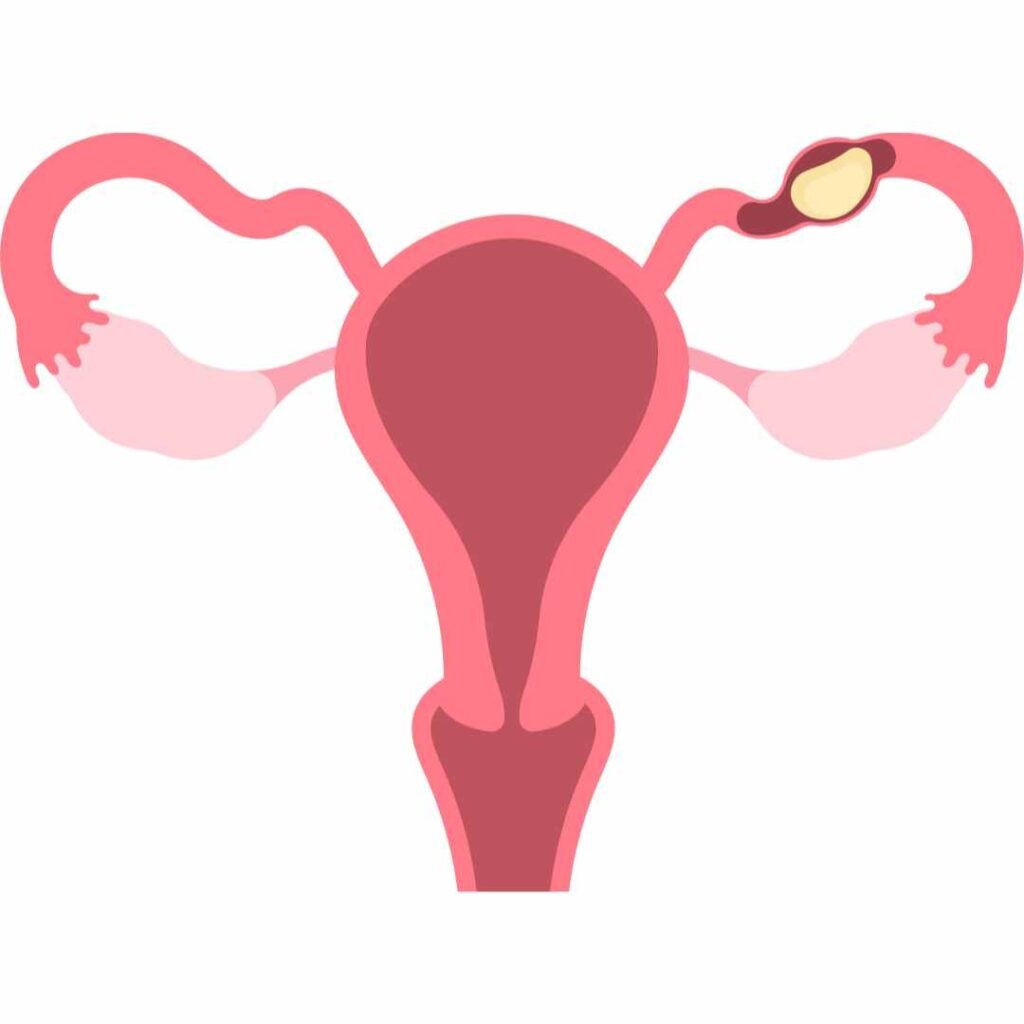
Symptoms of Hydrosalpinx
- Difficulty in conceiving due to fallopian tube blockage.
- Pain in the lower abdomen, particularly during menstruation.
Unusual vaginal - discharge, often with a foul smell.
- History of pelvic infections or surgeries.
- Recurrent miscarriages or failed IVF treatments.
Benefits of Ayurveda for Hydrosalpinx
- Naturally supports the removal of fluid and blockages in fallopian tubes.
- Improves reproductive health without invasive surgery.
- Balances Vata and Kapha doshas, restoring proper flow and circulation.
- Long-term management through diet, lifestyle, and stress reduction.
- Enhances the chances of conception by addressing root causes of infertility.
Post-Conception and Pre-Conception Counseling

What is Post-Conception and Pre-Conception Counseling?
Pre-conception counseling involves preparing a couple physically and mentally for conception by addressing any health issues or lifestyle factors that may affect fertility. Post-conception counseling helps expectant mothers maintain a healthy pregnancy, guiding them through nutrition, stress management, and lifestyle adjustments to support the fetus’s development.
Ayurveda Approach to Pre-Conception and Post-Conception Counseling
Ayurveda views fertility and pregnancy as a holistic journey. Pre-conception counseling focuses on balancing the body’s doshas to optimize reproductive health and create an ideal environment for conception. It includes lifestyle changes, mental well-being, and dietary adjustments. Post-conception counseling aims to support the mother’s physical and emotional health throughout pregnancy, ensuring both mother and baby are healthy and well-nourished. Ayurveda offers a long-term approach that nurtures reproductive health naturally.
Benefits of Pre-Conception Counseling in Ayurveda
- Improves overall reproductive health and fertility.
- Balances the body’s doshas to create a healthy environment for conception.
- Addresses underlying health issues that may affect fertility.
- Supports emotional and mental well-being, reducing stress.
- Offers a personalized approach based on individual constitution and needs.
Benefits of Post-Conception Counseling in Ayurveda
- Provides holistic support for a healthy pregnancy and fetal development.
- Enhances maternal health, ensuring proper nourishment and care.
- Reduces pregnancy-related stress and anxiety.
- Promotes a balanced lifestyle, benefiting both mother and baby.
- Focuses on natural methods to maintain a healthy, joyful pregnancy.
Post-COVID Complications Related to Fertility
What are Post-COVID Fertility Complications?
The COVID-19 pandemic has been linked to various health complications, including fertility issues. Post-COVID fertility complications may arise due to stress, hormonal imbalances, or the impact of the virus on reproductive organs in both men and women. These complications can include reduced sperm count in men, irregular menstrual cycles in women, and general reproductive health disruptions.
Ayurveda Approach to Post-COVID Fertility Complications
Ayurveda emphasizes restoring balance in the body and healing the immune system after COVID-19. For fertility issues, Ayurveda focuses on strengthening the Shukra Dhatu (reproductive tissue) and balancing the doshas to improve reproductive health. The approach includes lifestyle adjustments, stress management, and diet modifications, supporting long-term reproductive vitality. Ayurveda’s holistic approach helps in healing post-COVID fertility issues naturally, without relying on medications or invasive treatments.
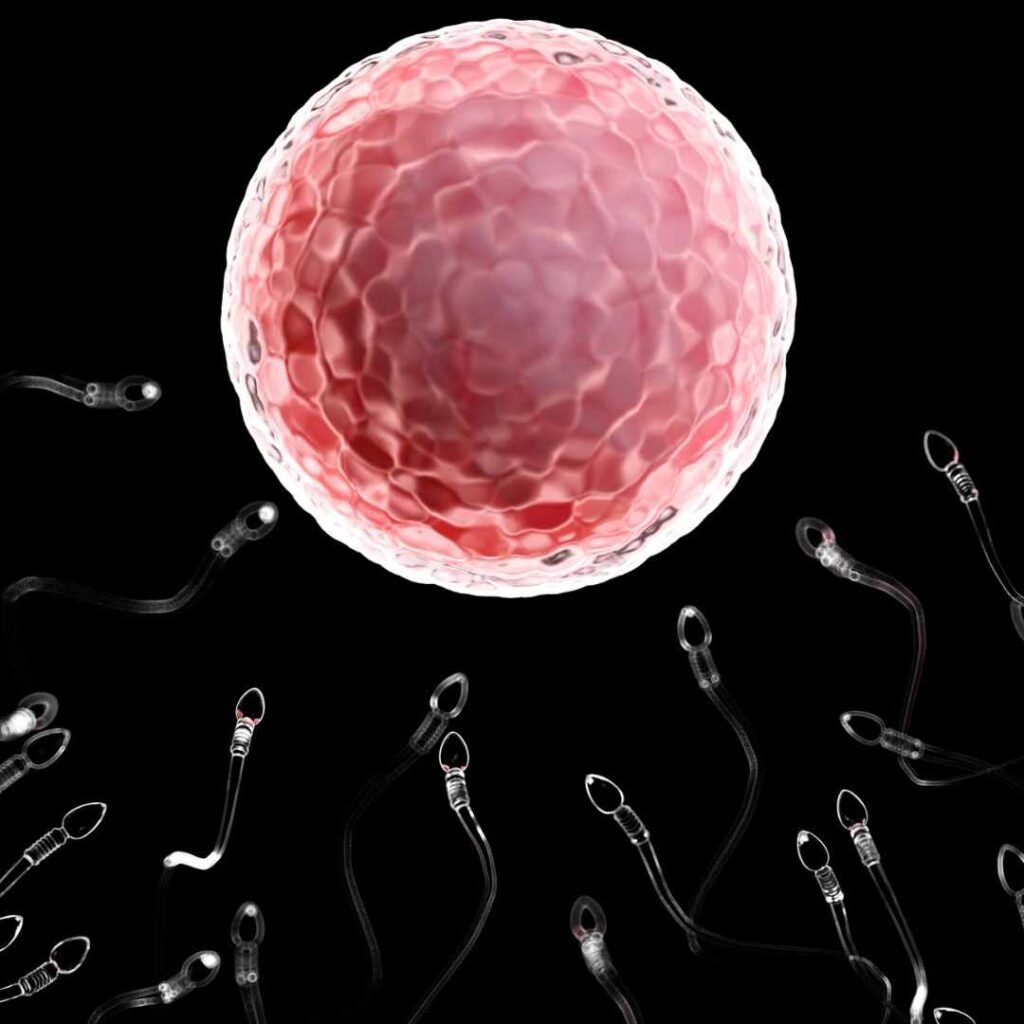
Symptoms of Post-COVID Fertility Complications
- Irregular menstrual cycles in women.
- Reduced sperm count or motility in men.
- General fatigue and weakness affecting reproductive health.
- Hormonal imbalances disrupting fertility.
- Delayed or failed conception attempts after COVID-19 recovery.
Benefits of Ayurveda for Post-COVID Fertility Complications
- Strengthens reproductive health naturally, without side effects.
- Restores balance in the body, improving fertility over time.
- Focuses on long-term healing of reproductive organs post-COVID.
- Reduces stress and anxiety that impact fertility.
- Supports overall vitality, enhancing the chances of conception.
Miscarriages
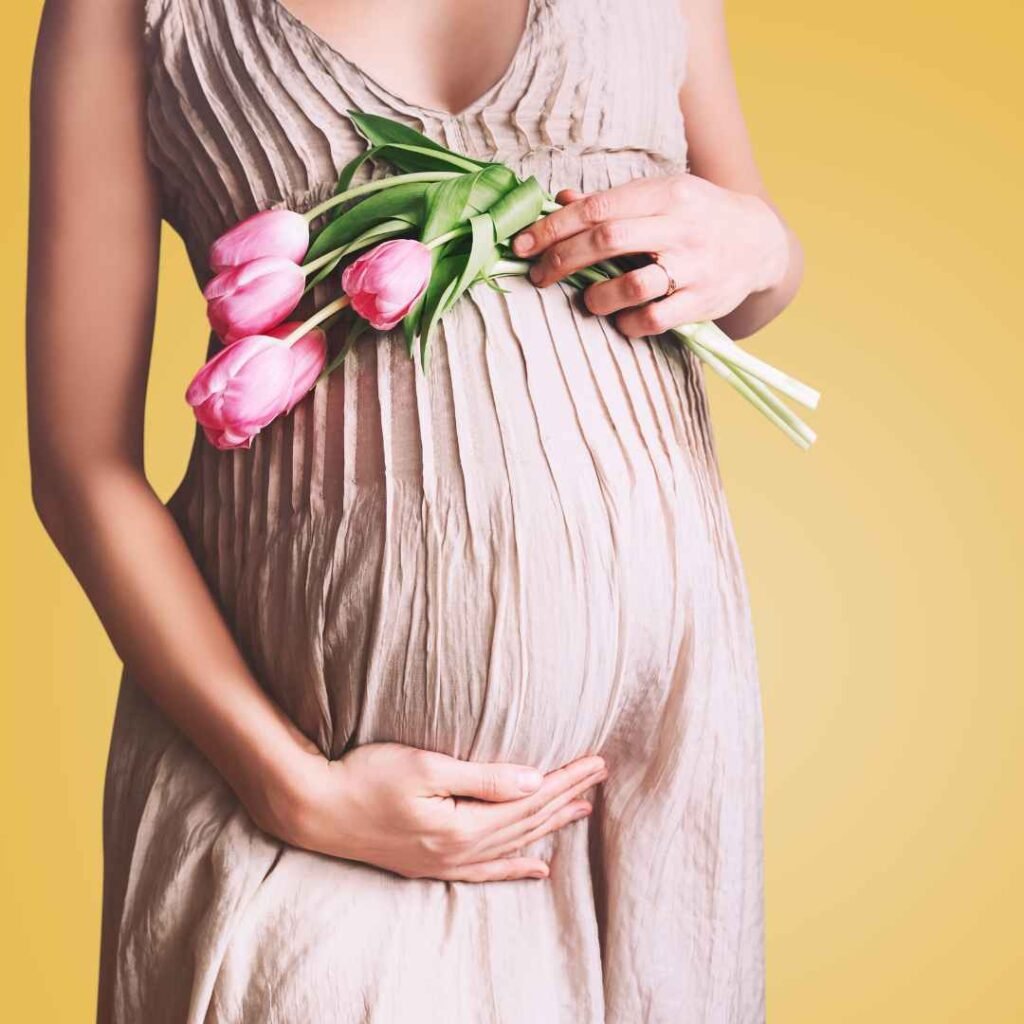
What is a Miscarriage?
A miscarriage, also known as spontaneous abortion, occurs when a pregnancy ends on its own before the 20th week of gestation. Miscarriages are relatively common, especially in the first trimester, and can result from genetic abnormalities, infections, hormonal imbalances, or lifestyle factors. Recurrent miscarriages can indicate underlying reproductive issues.
Ayurveda Approach to Miscarriages
Ayurveda addresses miscarriages by focusing on balancing the body’s doshas, particularly Vata and Pitta, and strengthening the reproductive system to support a healthy pregnancy. Ayurvedic treatment emphasizes the importance of maintaining overall reproductive health, emotional well-being, and a healthy lifestyle to prevent future miscarriages. Long-term care includes nurturing the body to enhance fertility and ensure a stable pregnancy through natural and holistic methods.
Symptoms Leading to Miscarriage
- Vaginal bleeding or spotting during early pregnancy.
- Cramping or pain in the lower abdomen or back.
- Decreased pregnancy symptoms such as nausea or breast tenderness.
- Passing of tissue or clots from the vagina.
- Emotional distress or a sense of impending pregnancy loss.
Benefits of Ayurveda for Miscarriage Prevention
- Balances doshas to strengthen reproductive health and maintain pregnancy.
- Reduces stress and anxiety, promoting emotional well-being.
- Nourishes the body with natural treatments for long-term reproductive care.
- Supports a healthy pregnancy through holistic lifestyle and dietary adjustments.
- Helps prevent future miscarriages by addressing the root cause.
Spina Bifida
What is Spina Bifida?
Spina bifida is a birth defect that occurs when the spine and spinal cord do not develop properly, leading to a gap in the backbone. This can result in physical and neurological challenges, depending on the severity of the condition. Spina bifida is often detected during pregnancy through prenatal screening.
Ayurveda Approach to Spina Bifida
Ayurveda places emphasis on prenatal care and the importance of nurturing both the mother and the fetus throughout pregnancy to prevent congenital disorders such as spina bifida. Through pre-conception counseling, Ayurvedic treatments aim to balance the body’s doshas and ensure a healthy pregnancy. The long-term approach in Ayurveda focuses on enhancing maternal health and supporting fetal development naturally.
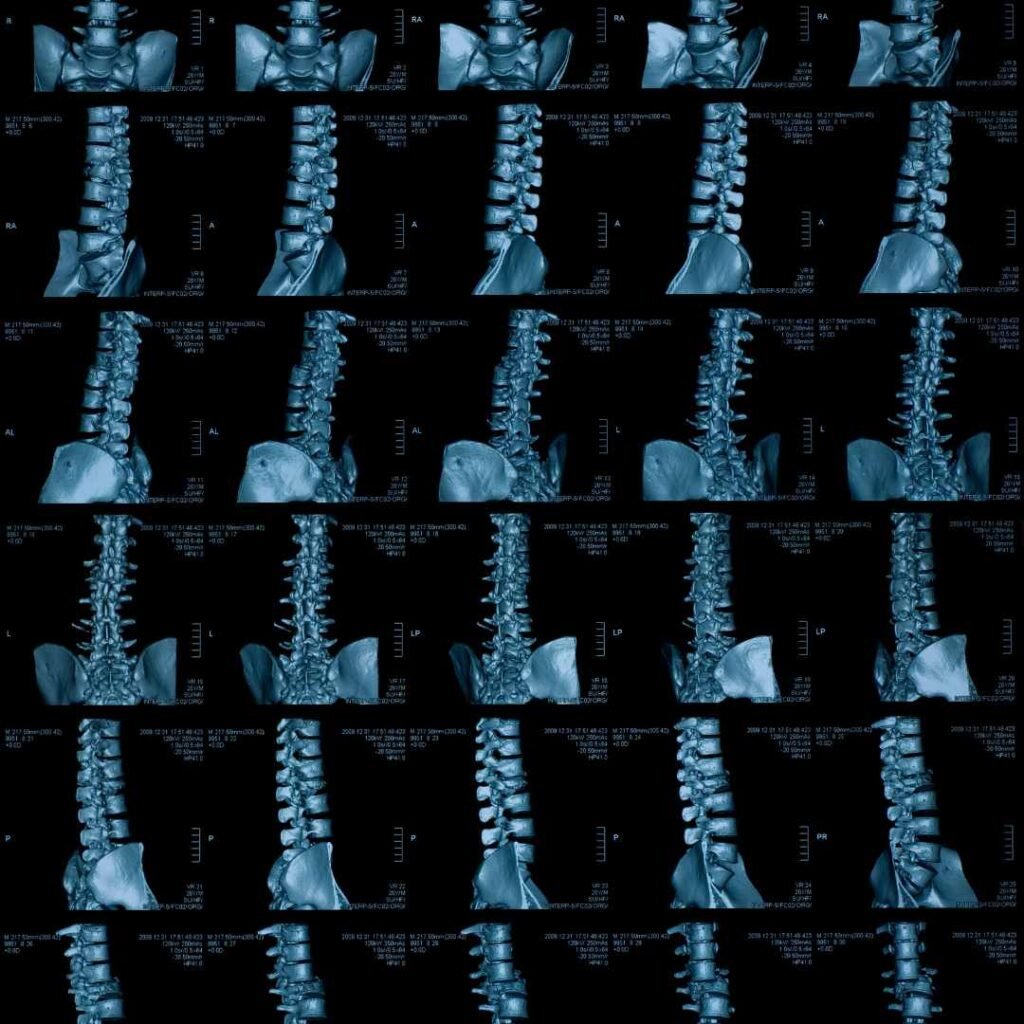
Symptoms of Spina Bifida
- A visible sac or swelling on the newborn’s back.
- Weakness or paralysis of the legs.
- Difficulty with bowel or bladder control.
- Learning disabilities or developmental delays.
- Accumulation of fluid in the brain (hydrocephalus).
Benefits of Ayurveda for Spina Bifida
- Supports prenatal health, helping prevent congenital disabilities.
- Enhances overall maternal health during pregnancy.
- Provides a holistic approach to ensuring a healthy fetal development.
- Emphasizes natural methods to maintain a healthy pregnancy.
- Focuses on long-term care for the mother’s and baby’s well-being.
Butterfly Vertebra
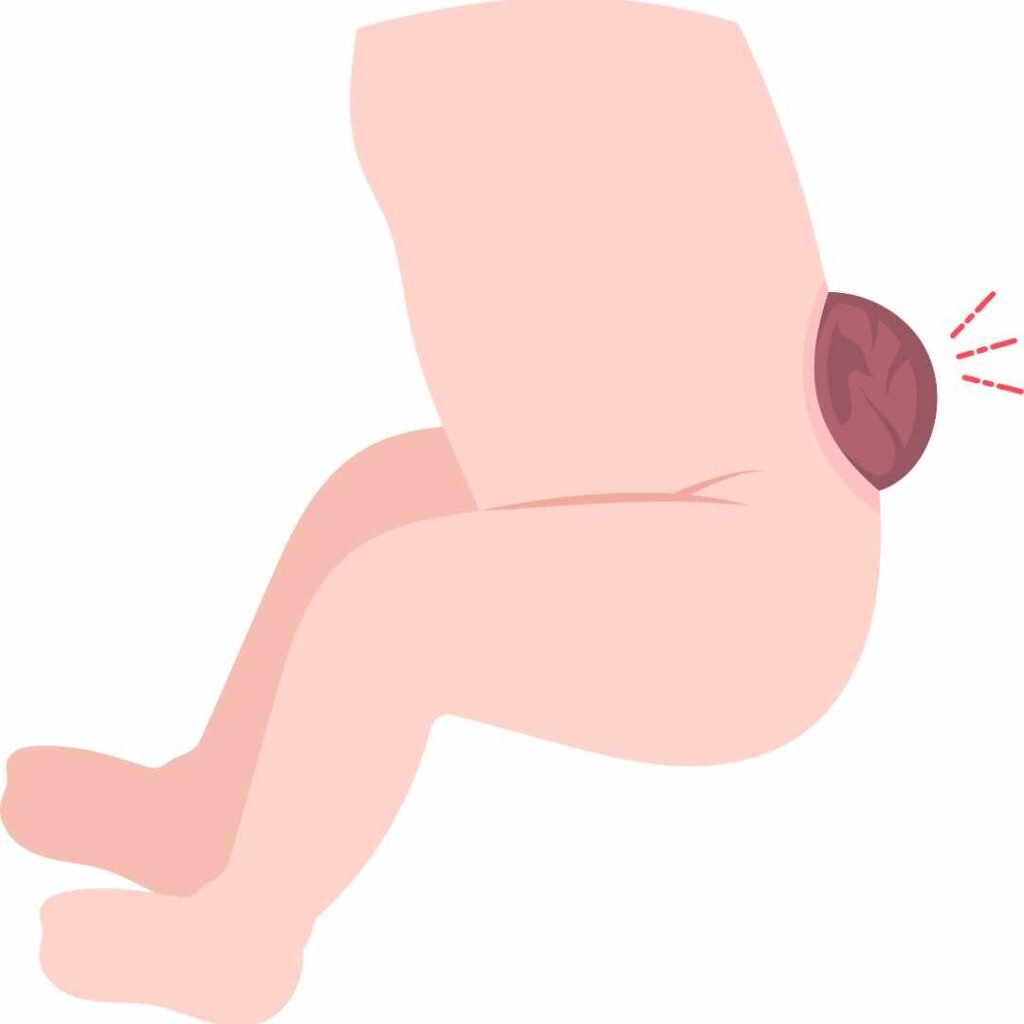
What is Butterfly Vertebra?
Butterfly vertebra is a rare congenital spinal condition where a vertebra is split into two halves by a gap or cleft, resembling a butterfly’s wings. This malformation can result in spinal deformities, back pain, or may remain asymptomatic throughout a person’s life. It is typically diagnosed through imaging tests such as X-rays or MRIs. Although it may not cause severe issues in many cases, it can be associated with other spinal abnormalities.
Ayurveda Approach to Butterfly Vertebra
Ayurveda views congenital conditions like butterfly vertebra from the perspective of maintaining balance in the body and strengthening the musculoskeletal system. By focusing on the nourishment of bones (Asthi Dhatu) and spinal health, Ayurveda aims to promote long-term wellness and manage any discomfort or complications. Ayurvedic treatment offers a non-invasive, holistic approach that focuses on supporting physical well-being and addressing imbalances that may contribute to musculoskeletal issues.
Symptoms of Butterfly Vertebra
- Mild to moderate back pain.
- Visible spinal deformity in severe cases.
- Limited mobility or flexibility in the spine.
- Uneven posture or gait.
- Occasional discomfort during physical activities.
Benefits of Ayurveda for Butterfly Vertebra
- Supports the musculoskeletal system to reduce discomfort and promote spine health.
- Provides non-invasive care to manage symptoms and improve mobility.
- Balances the body’s doshas to prevent further musculoskeletal issues.
- Promotes long-term physical well-being through holistic lifestyle and dietary adjustments.
- Helps improve spinal health and overall posture through natural methods.
Getting Relief from Reproductive Health & Fertility Treatment is just 3 Steps Away!
Get Consultation With Our Expert
Book a consultation at Aaddya Ayurvedic Clinic in Pimpri Chinchwad to discuss your health concerns. Dr. Sonalkar will provide expert advice and personalized Ayurvedic solutions for your well-being. Start your path to healing today!









